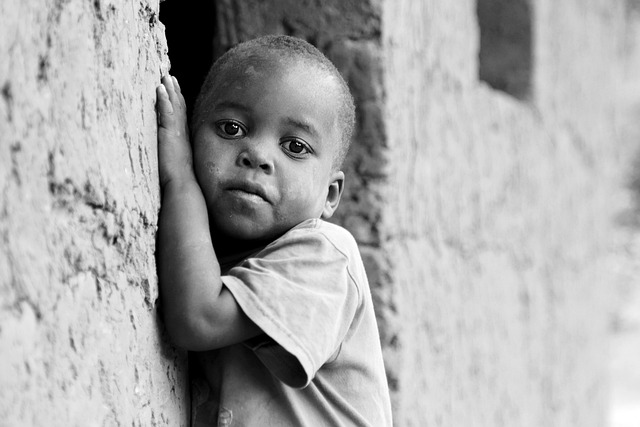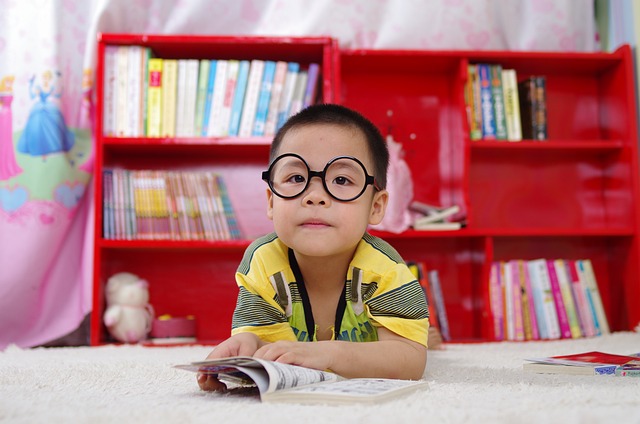Introduction
Bullying and social isolation are major challenges many children face today, both of which can have a profound impact on their emotional well-being. The emotional toll of being bullied or feeling isolated can result in anxiety, depression, low self-esteem, and difficulty in regulating emotions. Emotional regulation—the ability to manage and respond to emotional experiences appropriately—is essential for children to navigate these challenges. As parents, caregivers, and educators, we play a vital role in fostering emotional health and helping children build resilience against the harmful effects of bullying and isolation.

This article explores how bullying and social isolation affect children’s emotional health, the role of emotional regulation in managing these experiences, and actionable steps to keep children emotionally healthy.
The Impact of Bullying on Emotional Health
Bullying can take many forms: physical, verbal, cyber, or relational aggression. The consequences of bullying on children’s mental and emotional health are far-reaching, leading to feelings of worthlessness, helplessness, and even physical illness in severe cases.
Common emotional effects of bullying include:
- Anxiety and depression: Children who are bullied often feel fearful and anxious, which can spiral into long-term mental health conditions.
- Social withdrawal: Bullying can lead to social isolation, where children withdraw from peers, avoid school, or refuse to participate in social activities.
- Self-esteem issues: Repeated bullying can diminish a child’s sense of self-worth, making them believe they are deserving of mistreatment.
How Parents Can Help:
- Open communication: Encourage children to talk about their experiences. Being open and non-judgmental can make them feel safe sharing what they are going through.
- Monitor online activity: In today’s digital age, cyberbullying is prevalent. Keep an eye on your child’s online interactions to detect any signs of bullying.
- Build a support system: Ensure your child has a network of trusted friends and adults who can provide emotional support. This helps mitigate the impact of bullying by reinforcing the child’s self-worth and providing a buffer against isolation.
Social Isolation and Its Effects on Children
Social isolation can occur as a result of bullying, but it can also arise from other factors such as moving to a new environment, having difficulty making friends, or struggling with social skills. Isolated children are more likely to develop feelings of loneliness, sadness, and frustration, which can negatively affect their emotional regulation.
Consequences of Social Isolation:
- Loneliness: Prolonged isolation can lead to chronic loneliness, where children feel emotionally and physically distant from their peers.
- Emotional numbness: Children who experience long-term isolation may start to detach from their feelings as a way of coping, which can hinder emotional growth.
- Difficulty forming relationships: When a child is socially isolated, they miss out on developing essential social skills, making it harder for them to form connections later in life.
How to Prevent Social Isolation:

- Encourage social interactions: Provide opportunities for your child to interact with peers through activities such as sports, clubs, or community events. These settings offer a low-pressure environment to build friendships.
- Model positive social behavior: Show your child how to engage with others by modeling kindness, empathy, and communication skills at home.
- Seek professional help: If social isolation persists, consider seeking help from a counselor or therapist. Professional support can help children build confidence and develop strategies for making and maintaining friendships.
The Role of Emotional Regulation in Coping with Bullying and Isolation
Emotional regulation is the ability to manage and control one’s emotional responses to different situations. For children dealing with bullying or social isolation, emotional regulation is critical in preventing negative emotional outcomes like anxiety, anger, or depression.
Benefits of Emotional Regulation:
- Reduces impulsive reactions: Children who can regulate their emotions are less likely to react impulsively to bullying or social rejection, helping them stay calm in stressful situations.
- Promotes resilience: Emotional regulation equips children with the tools to bounce back from adversity, such as bullying or social isolation, and continue developing positive emotional health.
- Enhances problem-solving: Regulating emotions helps children think clearly, enabling them to address conflicts or challenges in a constructive way.
How to Foster Emotional Regulation in Children
- Teach mindfulness techniques: Mindfulness exercises, such as deep breathing or meditation, can help children become more aware of their emotions and learn how to manage them in the moment.
- Encourage self-expression: Allow children to express their emotions through healthy outlets like art, journaling, or talking about their feelings. This helps them release pent-up emotions and prevents emotional overload.
- Model emotional regulation: Children learn by example. Demonstrate how you manage your emotions in difficult situations. If you stay calm during stress, your child is more likely to imitate those behaviors.
- Provide emotional support: Let your child know it’s okay to feel upset or angry, and provide a safe space for them to express those emotions without judgment. Helping them label their feelings (e.g., “I see you’re feeling frustrated”) can also aid in emotional awareness.
- Set clear expectations and routines: Establishing daily routines and clear boundaries helps children feel secure, which in turn supports emotional stability. When children know what to expect, they are less likely to feel overwhelmed by emotions.
Conclusion
Bullying, social isolation, and difficulty with emotional regulation are challenges that many children face, but they are not insurmountable. By fostering strong emotional regulation skills and creating a supportive environment, parents and caregivers can help children navigate the difficulties of bullying and isolation. Early intervention and open communication are key to ensuring emotional well-being, enabling children to build resilience and develop into emotionally healthy individuals.

